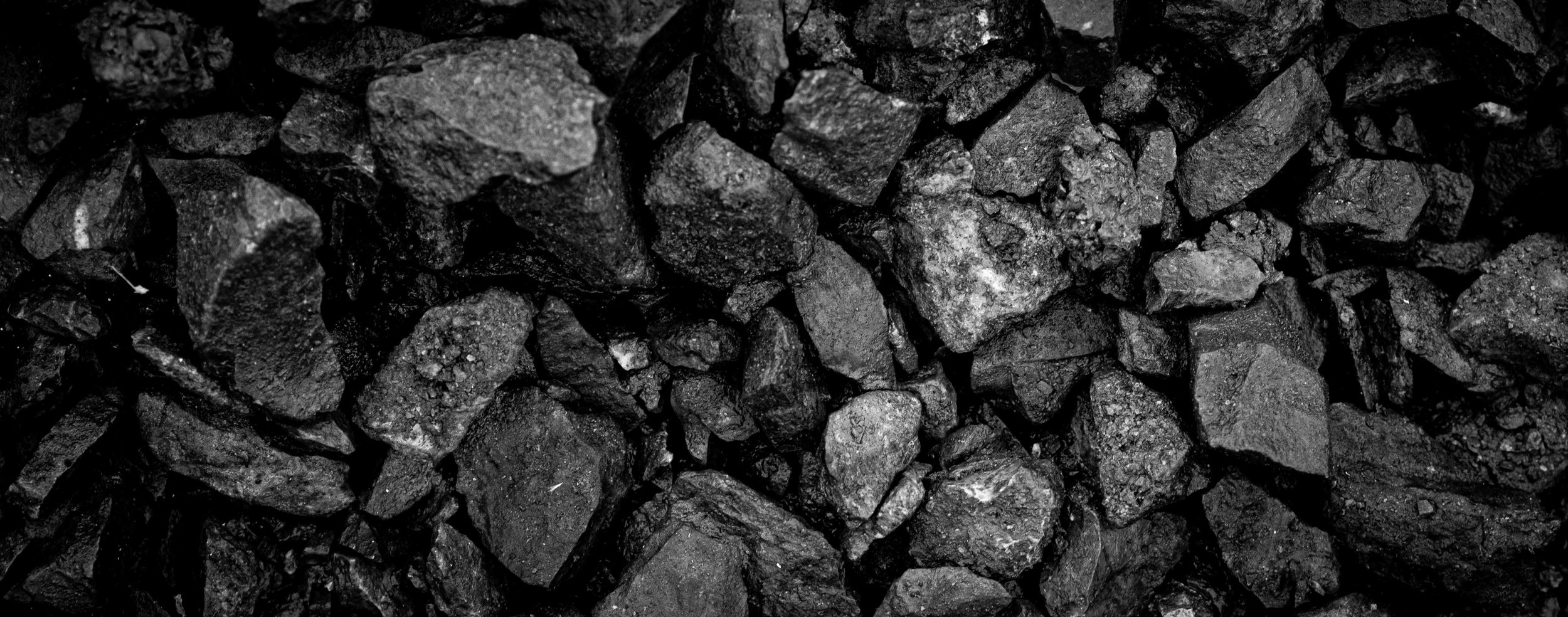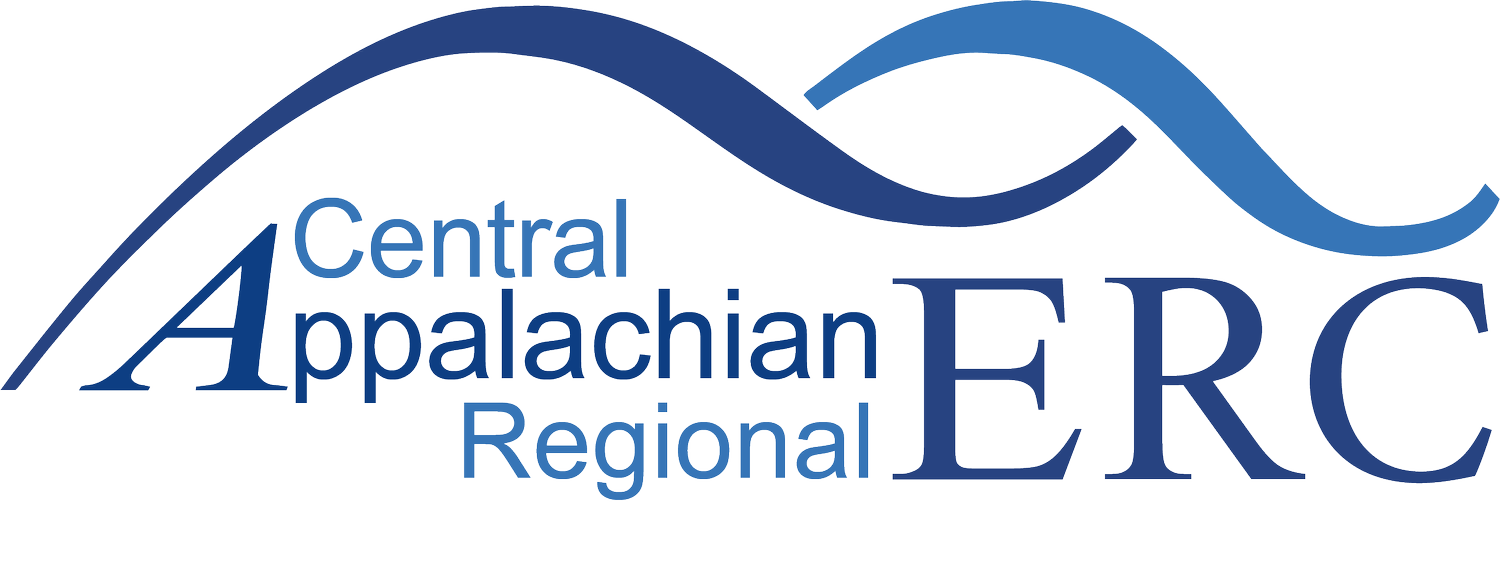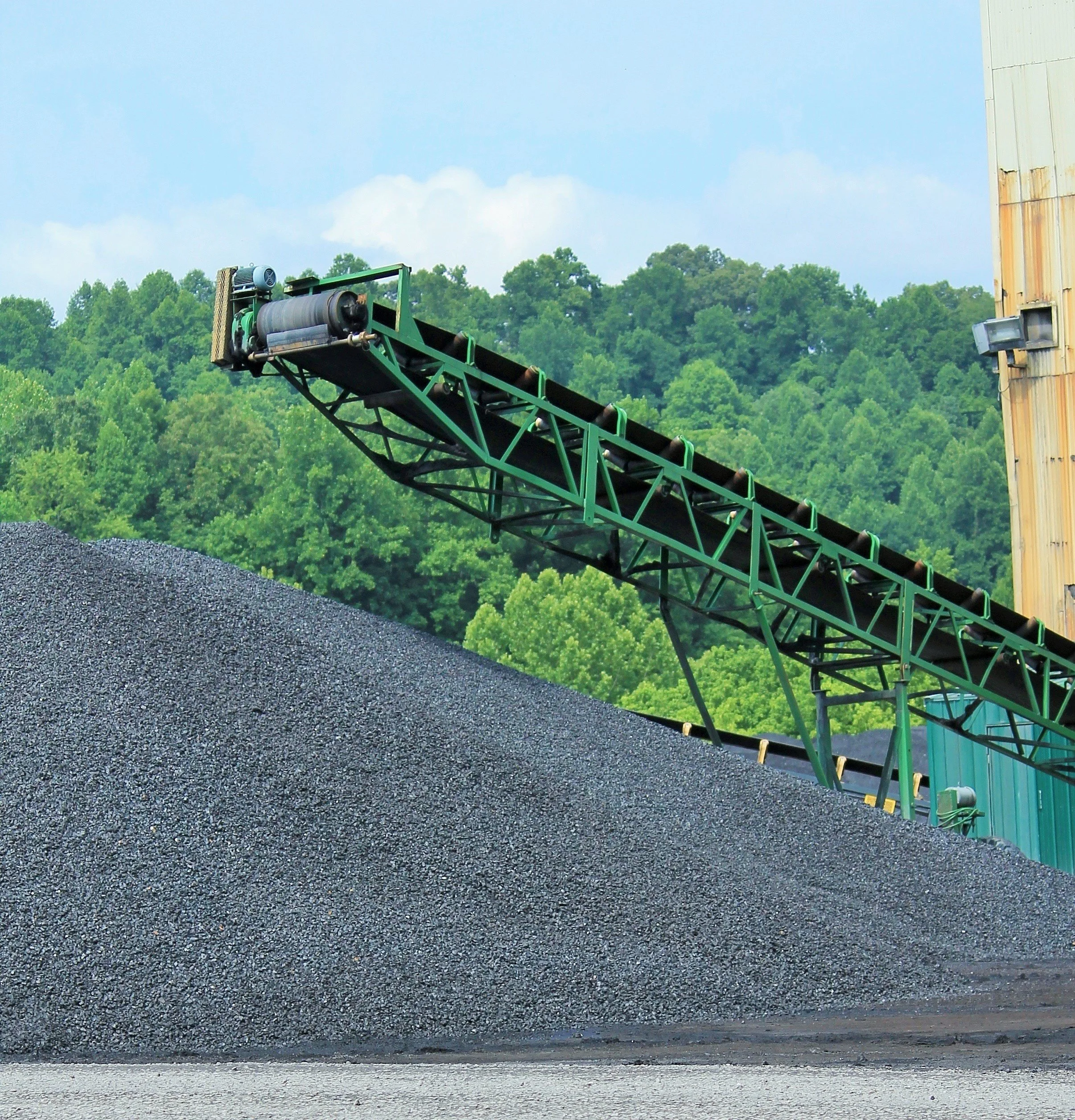
Mining Health & Safety
Your safety and health shouldn’t be left in the dark.
The U.S. has made great strides in reducing the incidence of occupational diseases, injuries, and fatalities since the passage of the Federal Coal Mine Safety and Health Acts of 1969 and 1977. Another major step was taken in 2006 when Congress passed the Mine Improvement and New Emergency Response Act (MINER Act). The 2006 legislation amended the prior law to require mine-specific emergency response plans in underground coal mines, added new regulations regarding mine rescue teams and sealing of abandoned areas, required prompt notification of mine incidents, and enhanced civil penalties. To maintain this progress and protect the lives of working men and women, the United States needs experts trained in mine safety and health to serve in industry, government, and academia.
-
The CARERC Mine Health and Safety (MHS) training program seeks to:
1. Identify and recruit strong MS and PhD candidates with interest in mine health and safety.
2. Provide trainees with graduate education in mine health and safety areas including, but not limited to, those associated with Central Appalachian miners, such as the increasing incidence of Coal Workers' Pneumoconiosis (CWP - Black Lung Disease), mine ventilation and dust control, ground control, explosives and blasting safety, mine electrical safety, miner tracking and communications, and emerging technologies such as autonomous mining and applications of virtual reality for safety/emergency response training.
3. Provide trainees with health and safety training with an interdisciplinary approach by improving and refining the mine health and safety curriculum, assisting trainees in obtaining practical experience through involvement in health and safety research projects or internships, and providing educational experiences at conferences and workshops.
4. Produce graduates with the skills necessary to work as engineers in roles that are critical to health and safety such as mining engineers, safety engineers, and members of an occupational/ environmental health and safety team.
5. Continue to support appropriate CE opportunities developed by the faculty and continue to improve our process for program evaluation with the professional assistance of the Evaluation Center staff in the College of Education.
-
The program is administered by the University of Kentucky Graduate School. Joseph Sottile, Ph.D., serves as the MHS program director. His health and safety research is primarily in mine electrical system safety and respirable dust reduction. He serves on the National Occupational Research Agenda (NORA) Mining Sector Council and previously served on the Kentucky Mine Equipment Review Panel. Zach Agioutantis, Ph.D., PE, Mining Engineering Foundation Professor and Department Chair, provides departmental oversight of the program. Before joining the University of Kentucky, Dr. Agioutantis was a professor at the Technical University of Crete, Greece. Dr. Agioutantis has collaborated for many years with NIOSH and MSHA personnel for the development of ground control design software used for the safe design of underground coal mines in the US. These packages are available free of charge to the public including mine operators and state and government entities. Dr. Roghanchi, an Associate Professor, is the newest member of the MHS Core. His research interests encompass several areas of mining engineering including occupational health and safety, automation, subsurface ventilation, respiratory health, respirable dust characteristics and toxicity, and worker fatigue.
Core Faculty
Joe Sottile
Professor, Mining Engineering, Joint Appointment in Electrical and Computer Engineering, Director of CARERC Mine Health and Safety Core Research interests include mine electrical system analysis and safety, mine health and safety, electrical component incipient failure detection.
Teaches Introduction to Electrical Circuits and Mining Machinery (MNG 311), Introduction to Mine Systems Analysis (MNG 335), Mine Power System Analysis (MNG 511), Electromechanics (EE 415G), Electric Power Systems II (EE 538), Data Analysis and Design of Experiments (MNG 635) .Zach Agioutantis
Mining Engineering Foundation Professor and Chair, Mining Engineering Research interests include data management and analysis, rock mechanics, subsidence engineering, sustainable development, computer applications for the mining and geotechnical industry.
Teaches Underground Mine Design (MNG 351), Rock Mechanics (MNG 551), Advanced Geomechanics I (MNG 555), Advanced Geomechanics II (MNG 655)Pedram Roghanchi
Associate Professor, Mining Engineering Research interests include occupational exposure, respiratory health, respirable dust characteristics and toxicity, worker fatigue, and automation.
Teaches Senior Mine Design I (MNG 591), Senior Mine Design II (MNG 592), Mine Ventilation (MNG 341), Occupational Health and Safety (MNG 699, new) -
All M.S. and Ph.D. students in the Mine Health & Safety training program have opportunities to work on research projects and obtain support; e.g.,
Pilot Grants – The CARERC seed grant program, with awards ranging from $10,000 to $15,000.
Graduate and Staff Research Positions – We anticipate that most doctoral students, after completing the first two years of study supported by stipends, will be funded as Graduate Research Assistants and work with a funded research project.
External Grants – When appropriate, students in the later stages of their dissertation work will be encouraged to apply for external funding.
Click here to learn about past trainees and their projects! -
The Mining Health and Safety training program is available to domestic students seeking MS or PhD degrees in Mining Engineering. All applications for graduate study at the University of Kentucky Graduate School must be submitted online. Information can be found here and the application can be found at gradschool.uky.edu/apply. Currently, the fee for domestic applicants is $65.00. Please note that the application cannot be submitted without payment of this fee.
Students who are interested in the Mining Health and Safety program, but would like more information about it before applying, should contact Dr. Joseph Sottile. Please include “CARERC Mining Health and Safety Program” in the email subject line.
-
-
CARERC Mining Health and Safety Core Employment/Internships
Elizabeth (Maher) Gaunce (2018) has recently taken a new position as Health and Safety Coordinator for Aldea’s United States offices.
John Meuth (2020) is currently employed as an Explosives Safety Engineer, A.P.T. Research, Inc.
Caitlin Strong (2021) has accepted a position as General Engineer, Mine Safety and Health Administration in the Directorate of Technical Support, Ventilation Division.
Caroline Gerwig (2022) has accepted a position as General Engineer, Mine Safety and Health Administration in the Directorate of Technical Support, Roof Control Division.
Sky Rose (M.S. candidate) currently has an internship with Nyrstar Middle Tennessee Mines (underground zinc).
Meet the Team
Learn more about Mining Safety and Health




